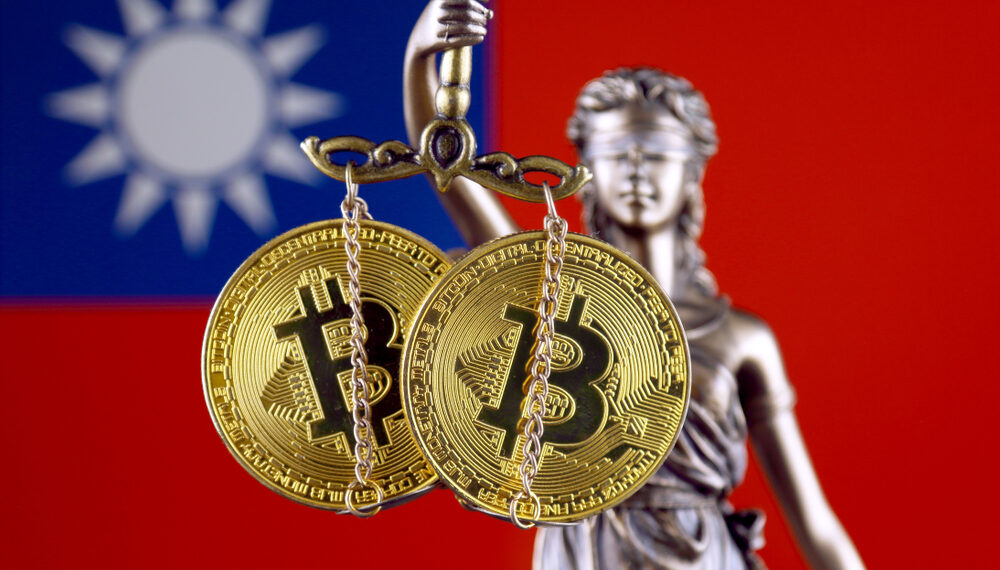Taiwan’s Ministry of Justice proposes stricter AML measures for the crypto industry, shifting from administrative to criminal penalties for non-compliance.

The amendments the Ministry of Justice of Taiwan put forth aim to strengthen anti-money laundering (AML) protocols in the cryptocurrency sector.
If implemented, the novel suggestions will significantly depart from the existing system, where administrative sanctions are imposed on digital currency companies for non-compliance. Instead, they will establish a more stringent legal structure with criminal sanctions for severe violations.
As digital assets assume a more prominent position in the financial sector, these modifications are a component of Taiwan’s ongoing efforts to comply with international regulatory standards.
Domestic and international cryptocurrency firms operating in Taiwan must register and demonstrate compliance with AML regulations under the proposed legal framework. Failure to comply with these stipulations may result in severe repercussions like incarceration.
Taiwanese authorities have limited authority under the current system, according to Deputy Minister of Justice Huang Mou-hsin, which is primarily limited to fining companies that fail to comply with AML protocols. Nevertheless, the Ministry of Justice has recently put forth amendments that seek to increase the gravity of penalties.
Huang Mou-hsin emphasized that transgressions of AML regulations by crypto businesses would be criminalized under these modifications, transferring the focus from administrative oversight to legal enforcement.
The amendment drafts stipulate that non-compliant businesses could spend a maximum of “two years” in prison. Moreover, foreign cryptocurrency platforms must establish a local presence and complete the AML registration procedure to serve Taiwanese clients.
The intended purpose of the proposed amendments is to incorporate distinct provisions for digital assets into Taiwan’s current anti-money laundering legislation, with a specific focus on the compliance of crypto firms.
These proposals could imprison individuals convicted of money laundering with cryptocurrencies for six months to five years. In addition, they could face penalties amounting to NT $ 50 million (equivalent to $1.5 million).
The explicit inclusion of cryptocurrencies in anti-money laundering (AML) legislation represents a holistic strategy for combating financial offenses in digitalization.
Legislative Yuan, the national parliament of Taiwan, is presently scheduled to examine the proposed adjustments. Asserting the government’s dedication to establishing a “robust” regulatory structure for the burgeoning cryptocurrency sector, this step is vital for the amendments to become law.
It is worth noting that Taiwan has implemented several regulations and guidelines about its cryptocurrency market in recent years.
In July 2021, the Financial Supervisory Commission (FSC) mandated that providers of digital currency services adhere to anti-money laundering regulations. Nevertheless, except these AML requirements, the digital currency industry as a whole has been comparatively unregulated.
This circumspect regulatory expansion is further supported by the “Guiding Principles for the Management of Virtual Asset Platforms and Transaction Businesses” recently issued by the FSC.
Standards for customer protection, including asset custody, transaction transparency, and internal control management, are established by these principles.
Additionally, they establish the operational limitations that offshore digital currency platforms must adhere to. These limitations allow companies to engage in business activities in Taiwan if they have duly registered and declared conformance with anti-money laundering regulations.

